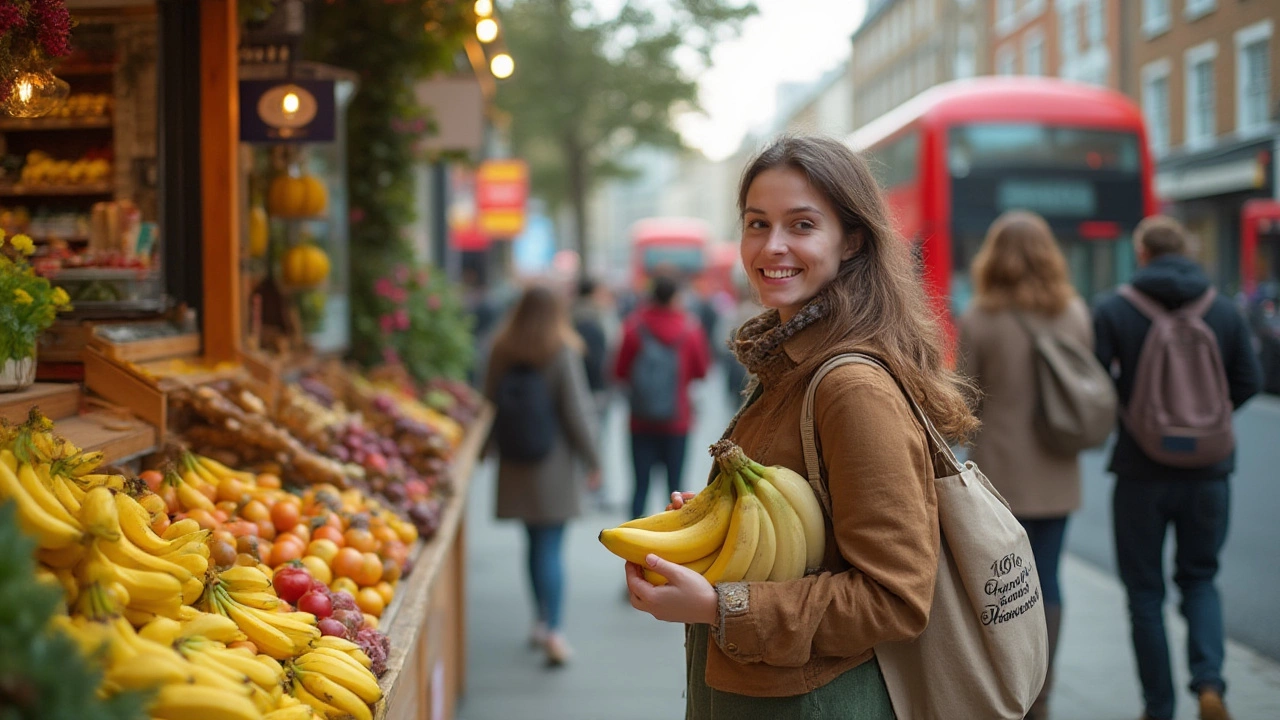Do Vegans Eat Bananas? The Straight‑Forward Answer
Yes, vegans can eat bananas. There’s no animal product in a fresh banana, so it fits right into a plant‑based diet. If you’re new to vegan eating, bananas are often one of the first fruits you’ll reach for because they’re easy, cheap, and full of natural energy.
Why Bananas Work for Vegans
Bananas grow on herbaceous plants, not on animals. The fruit’s skin, flesh, and seeds contain only plant proteins, carbs, and fiber. That means no hidden dairy, eggs, or gelatin to worry about. For vegans who track nutrients, bananas deliver potassium, vitamin C, vitamin B6, and a decent amount of carbs for quick fuel.
Many vegans also use bananas as a natural sweetener in recipes. Mash a ripe banana into oatmeal, blend it into a smoothie, or use it to replace eggs in baking. The starch in bananas helps bind ingredients, so you get the same texture you’d expect from animal‑based binders.
Choosing the Best Bananas for a Vegan Lifestyle
When you shop, look for bananas that are firm, bright yellow, and free of brown spots if you want them to last longer. If you prefer extra sweetness, choose bananas with a few brown speckles—they’re ripe and ready to eat.
Some people worry about pesticides. If that’s a concern, pick organic bananas or wash conventional ones under running water. A quick scrub can remove most residues.
Storing bananas right can keep them fresh. Keep the bunch together, but separate any that are turning brown. You can also peel and freeze overripe bananas for later smoothies or baked goods.
In short, bananas are a hassle‑free, nutrient‑dense snack for anyone on a vegan diet. They give you natural sugars, electrolytes, and a feeling of fullness without any animal ingredients. Grab a banana, enjoy it fresh, or get creative in the kitchen—either way, you’re getting a solid vegan‑friendly food.
Do Vegans Eat Bananas? Vegan Banana Facts, Myths, and Shopping Tips


